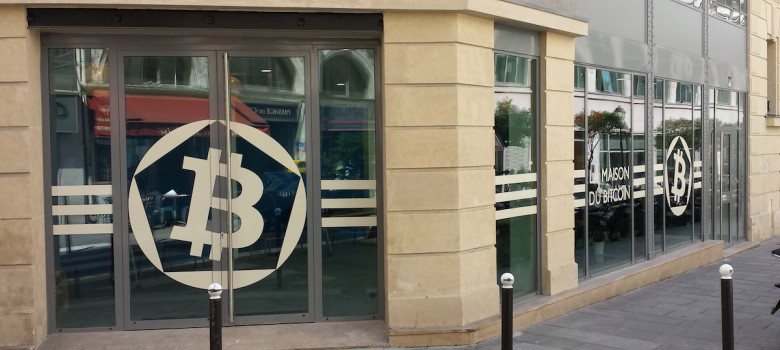It’s September, 13th, 2008. One of the most powerful men in America is about to foresee an earthquake in the financial system, something that will change the world.
Jamie Dimon, the head of JP Morgan Chase, has seen it all—but even he has to steel himself for this moment. “You are about to experience the most unbelievable week in America,” he says over the phone to his employees.
Tomorrow, the headlines will screech about Lehman Brothers’ impending demise. A recession will question a central premise of modern economics: that we had it all figured out.
Robert Lucas, one of America’s most prominent economists, put it best: “the central problem of depression-prevention [has] been solved, for all practical purposes.”
On the brink
It’s now early in 2009. Satoshi Nakamoto had just finished distributing a paper through The Cryptography Mailing list. Its title was deceptively simple: Bitcoin: A Peer-to-Peer Electronic Cash System.
On the very first block of bitcoin, its mysterious creator had commented: “The Times 03/Jan/2009 Chancellor on brink of second bailout for banks.” He too, has experienced Jamie Dimon’s unbelievable week in America. As a result, he has crafted a new way of transacting money: a peer-to-peer, and open system of technology that looks very little like the system that led to Lehman’s failure.
Nearing the middle of the Great Recession, the total amount committed by the Federal Reserve to depression-prevention had risen to nearly $30 trillion.
Waiting for an answer
Fast forward to the present. Migrants like Ahmed Ali are trying to wire money from America back to their relatives in Somalia, a process known as making remittance payments. Ahmed says that the money will make the difference between his family eating or starving.
Years after his own crisis phone call, Jamie Dimon can no longer be reached. JPMorgan is quickly cutting down on money-wiring systems, making difficult remittances even harder to send. Recent legislation has emerged due to the concern that remittances may be used to fund terrorism.
Remittance payments are a lifeline. In 2014, the World Bank calculated that $436 billion will be sent from family members in developed countries to developing nations. Between 1960, and 2003, total foreign aid to Africa was around $600 billion, yet remittances sent from the African diaspora were double that. Many of the financial institutions that move money back and forth charge exorbitant fees to keep that lifeline open—sometimes ten percent or more.
Marc Andreessen notes that switching these systems to bitcoin could save billions of dollars in value for the world’s poorest by reducing transfer fees to near-zero. Bitcoin could also be tracked more easily than cash, resolving some laundering fears.
Xoom, a digital remittances platform, has demonstrated the potential of moving away from convention by capping transfer fees as low as $2.99. They convinced senders to make one part of the remittances journey digital: instead of going from cash to cash, Xoom takes money directly from bank accounts, and credit cards.
Yet among all of the countries on the transfer list, there are none from Africa. The issue has always been that you can have a great sending infrastructure: but what about the people receiving the money, people who might not have access to modern financial institutions?
Vodafone’s M-PESA has stepped into the breach in Kenya, allowing for people to send and receive money via their mobile phones, and for people to pick up money at small M-PESA affiliated retail branches.
Kipochi is a bitcoin mobile wallet that has built onto this system, and allowed for the transfer of bitcoin through M-PESA. As M-PESA looks to expand into India, and other nations this could represent the cutting edge of the future, the awaited solution for Ahmed and his family.
Open questions
Yet questions remain. Bitcoin, and M-PESA could not be more different in how they are organized. M-PESA is locked up proprietarily by Vodafone. Bitcoin is explicitly open, and encourages others to build on top of it.
Part of M-PESA’s success has been due to the overwhelming clout of Vodafone.
Could that ever be matched by an open network of technologists?
Does Vodafone have… (READ MORE)




Leave a Reply